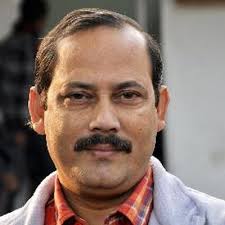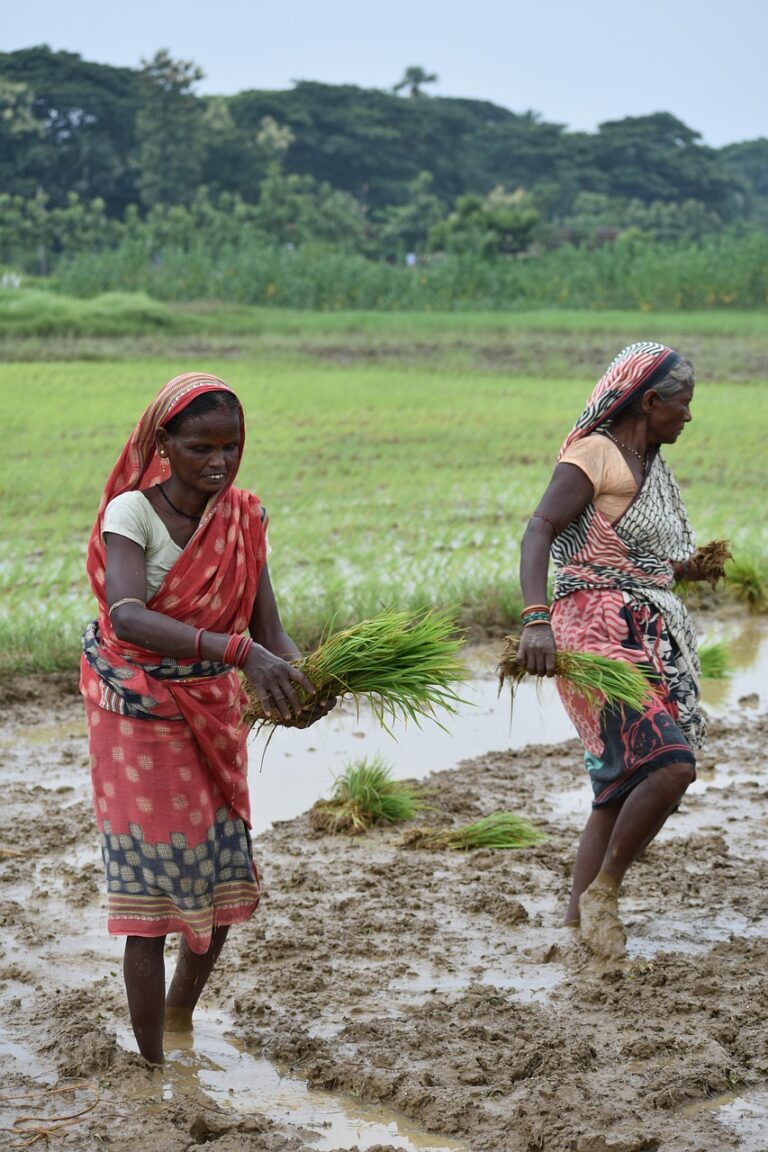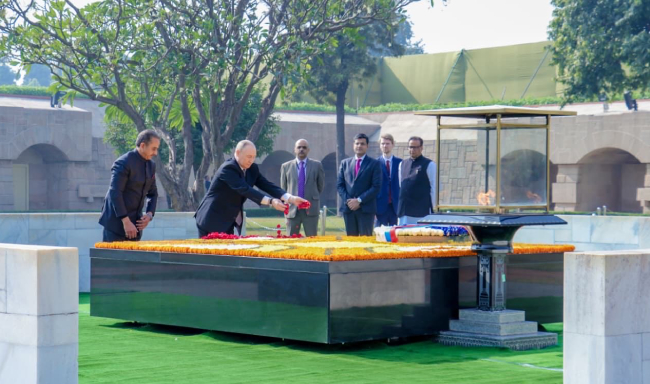
On the eve of Pohela Boishakh, Bangladesh’s New Year, interim government chief Professor Muhammad Yunus called for unity, reforms, and regional cooperation, including plans to join ASEAN. Addressing the nation of 170 million, the Nobel laureate and chief adviser of the caretaker government urged citizens to move past divisions and create a discrimination-free Bangladesh where all communities coexist. He also appealed to the people of India bordering Bangladesh to work together for creating a discrimination-free Bangladesh where every citizen experiences happiness, peace, and progress.
Yunus’ message, marking Bengali New Year 1432, focused on collective progress. “Let’s forget the past year’s sorrow and pain and move forward with conviction and enthusiasm,” he said, describing Pohela Boishakh as a day of harmony and reunion. He noted the festival unites Bangladesh’s communities—Hindus, Muslims, Buddhists, Christians, and others—through shared culture, language, and traditions, despite differences in beliefs.
Yunus detailed plans for an election between December 2025 and June 2026, which he said would be Bangladesh’s most free, fair, and credible. The National Consensus Commission, under his leadership, contacted 38 political parties, receiving responses on 166 reform recommendations. The commission aims to draft a “July Charter” of agreed reforms. A source close to Yunus said he instructed two commission members to accelerate the process, targeting a national election by June 2026. Discussions with parties, including the Bangladesh Nationalist Party, are ongoing.
Yunus proposed regional cooperation, expressing interest in ASEAN membership. He cited discussions with Malaysia’s Prime Minister Anwar Ibrahim, who chairs ASEAN and expressed support. Yunus mentioned Bangladesh’s location, bordering India, Nepal, and Bhutan, and suggested a joint South Asian economy. “Nepal and Bhutan are eager to supply hydropower, and we are equally interested,” he said.
Addressing the July-August 2024 protests that led to former Prime Minister Sheikh Hasina’s departure, Yunus referenced a UN report stating 1,400 deaths occurred. He noted reported attacks on female protesters and claims Hasina ordered killings. “Our July girls faced attacks,” he said, indicating a focus on accountability.
Across the region, celebrations marked the New Year. In India, President Droupadi Murmu and Prime Minister Narendra Modi issued greetings for Poila Boishakh, Bohag Bihu, and other festivals. In Assam, Governor Lakshman Prasad Acharya and Chief Minister Himanta Biswa Sarma acknowledged Goru Bihu, emphasizing the role of cows in farming traditions. Bangladesh observes April 14 as the New Year, while West Bengal uses April 14 or 15, and Assam’s Rongali Bihu follows the Bhaskarabda calendar, tied to seventh-century ruler Bhaskara Barman.
Yunus’ speech follows his earlier addresses on Independence Day and Eid-ul-Fitr, where he outlined goals for prosperity and inclusivity. His leadership continues to guide Bangladesh through a period of transition, emphasizing cultural unity, democratic reforms, and regional aspirations.
*Senior journalist






